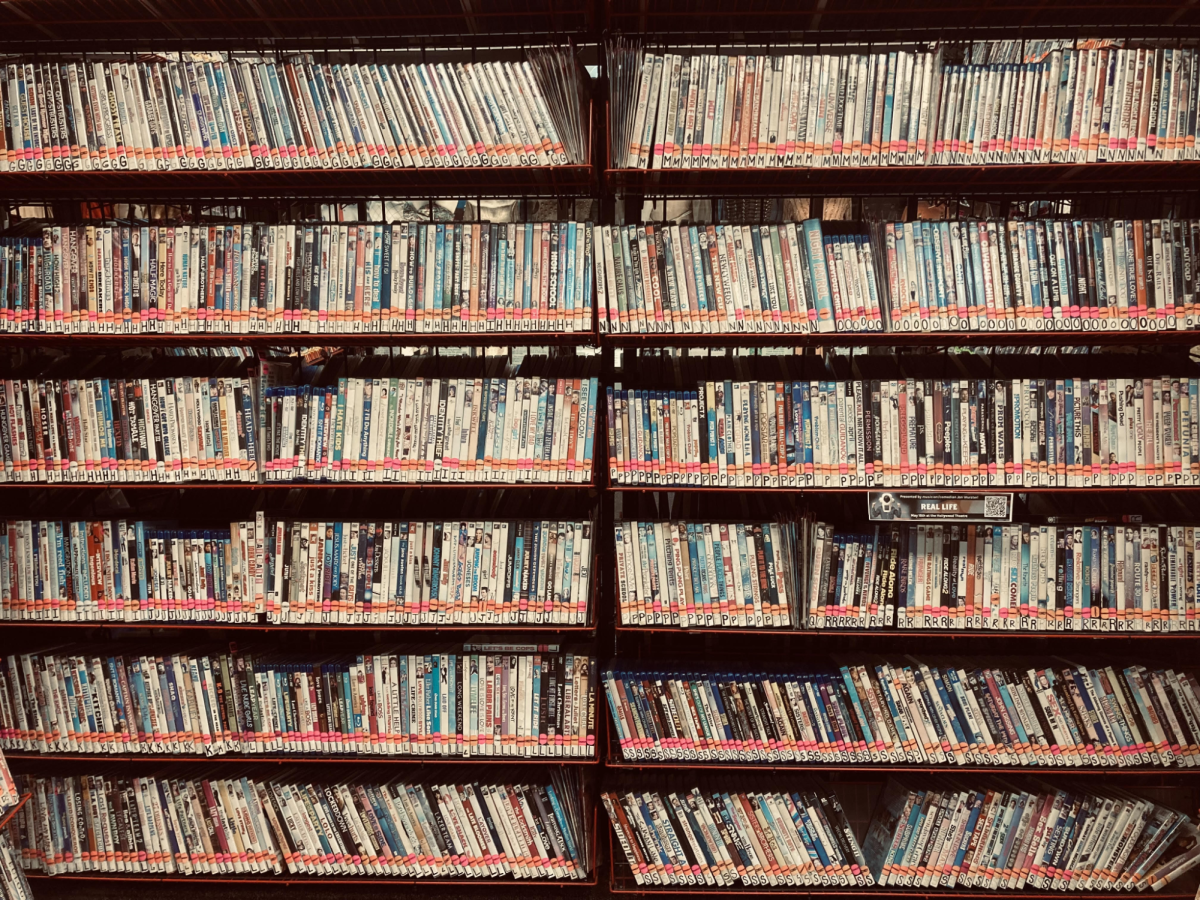
New Year’s Eve is a sparkling celebration full of fun drinks and treats, fireworks, and musical performances broadcasted nationwide. The annual television program based in New York City on December 31 brings the entire country together to observe the dropping of the mirror ball: the kickoff of the new year. There is no doubt that New Year’s Eve is a celebratory day many people find exciting. However, the concept of New Year’s itself is slightly weird. We accept it as normal, of course, but when you think about it, we put a lot of stakes in this one day, often in a toxic way.
In general, the idea of the clock turning from 11:59 to 12:00 symbolizing a big change is strange to me. It’s a difference of mere seconds. Like it or not, you are still the same person you were a minute ago. Furthermore, the entire concept is made up, dating back to pre-Christian Rome. The day January 1 was originally in honorance of the Roman god Janus, who was said to be the god of gateways and beginnings. Today’s human race certainly does not think of Janus each New Year, at least not here in the United States. But we have taken this tradition and turned it into a modern holiday along the same theme, giving one day a lot of credit for creating opportunities to change.
Many people view the new year as a fresh start, compiling a list of New Year’s resolutions to improve their lives. According to vitagene.com, the five most popular resolutions of 2019 were to exercise more, diet to lose weight, save money, eat healthier in general, and “something for self care.” But how many people continued to follow these resolutions throughout the entire year? An estimated 18.7% of people who set New Year’s resolutions remained committed to them after the first six months of the year. Thinking of the New Year as a fresh start is an ineffective, idealistic, and unhealthy mindset.
Look, I get it, New Year’s is exciting. It’s fun to dream about all the ways your life is going to improve as soon as the new year kicks off. “It can be really motivating for some people,” says Lucy Benoit (11). That is due in part to social media. In the final few months of the year, social media influencers start to release content centered around goal setting for the new year. This exposure definitely gets people inspired. Who doesn’t want to be the best version of themselves?
But here’s the thing: why wait? Why wait until January to make major lifestyle changes? What’s stopping you from being the best version of yourself all the time? “If you want to change an aspect of your life, don’t wait for the new year. Just make the change now,” says Benoit.
The most common New Year’s resolutions are lifestyle changes, centered around adopting new habits or eliminating old habits. When things are habitual, they cannot be changed overnight, but instead require serious effort and attention for a substantial period of time. According to Psychology Today, this is part of the reason why most resolutions fail after the first month. A lot of people don’t recognize the change they want to see within the first month of the year, which makes them feel discouraged and give up.
The bottom line of the majority of research done on New Year’s resolutions supports that they are not a productive way to make long-term changes in your life. That being said, it is important to acknowledge that for some people, the concept of New Year’s is comforting. “New Year’s is about shedding the burdens of the past and finding new things to carry you into the future,” says Franklin junior Ryan Kovatch. Especially for people who struggle, New Year’s can be a beacon of hope for good things to come.
I am in no way suggesting that we stop celebrating the arrival of the new year. I, like most people, enjoy the festivities and occasionally make resolutions (which I admit I rarely follow). What we should do is change the way we think about New Year’s. Let’s get rid of the pressure, stress, and inconsistent nature of resolutions (if you actually are wanting a significant change). If you want to, ditch the resolutions altogether! Successful resolutions do exist though, which you can read more about on the variety page!
Overall, it is best to be mindful about your lifestyle and yourself throughout the entire year. If New Year’s helps you get back on track, great, but try not to put pressure on yourself to reinvent yourself for 2020. I promise we will all love and accept you no matter how many New Year’s resolutions you drop! Oh- and Happy New Year from The Post!
































